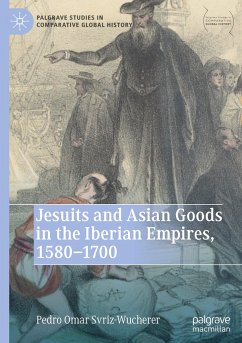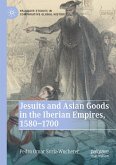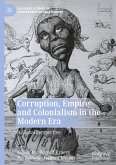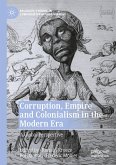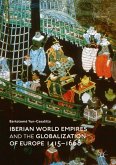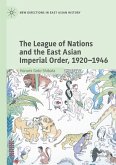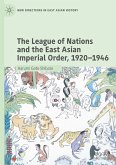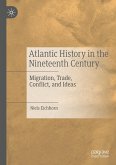This book analyzes the exchange relations between the colonies of the Iberian Empires, starting from two cities ports, Buenos Aires and Macau in the period 1580-1700. Agents, who were not professional traders such as the members of the Society of Jesus, and the circulation and consumption of Asian goods in the local populations of Buenos Aires and Macau, were analyzed. Both cases of study will show us how these non-state agents- the Jesuits- build their own networks and exchange channels to Chinese goods distribution (i.e silk, porcelain, musk, amber and others) between Asia and Latin American. This book intends to break with the local scheme of Jesuit studies in order to combine the local scale with analysis of inter-regional processes on a continental scale, from a comparative perspective.
"The book under review results from a meticulous investigation of international archives in Buenos Aires, Macau, Rio de Janeiro, Bahia, Paris, Lisbon, Asunción, Madrid, and Seville. It serves as a compelling example of the new direction in global history ... . the book remains an essential contribution to the fields of global history, the Iberian empires, and the Society of Jesus." (Alexandre Coello de la Rosa, Journal of Jesuit Studies, Vol. 11 (1), 2024)

